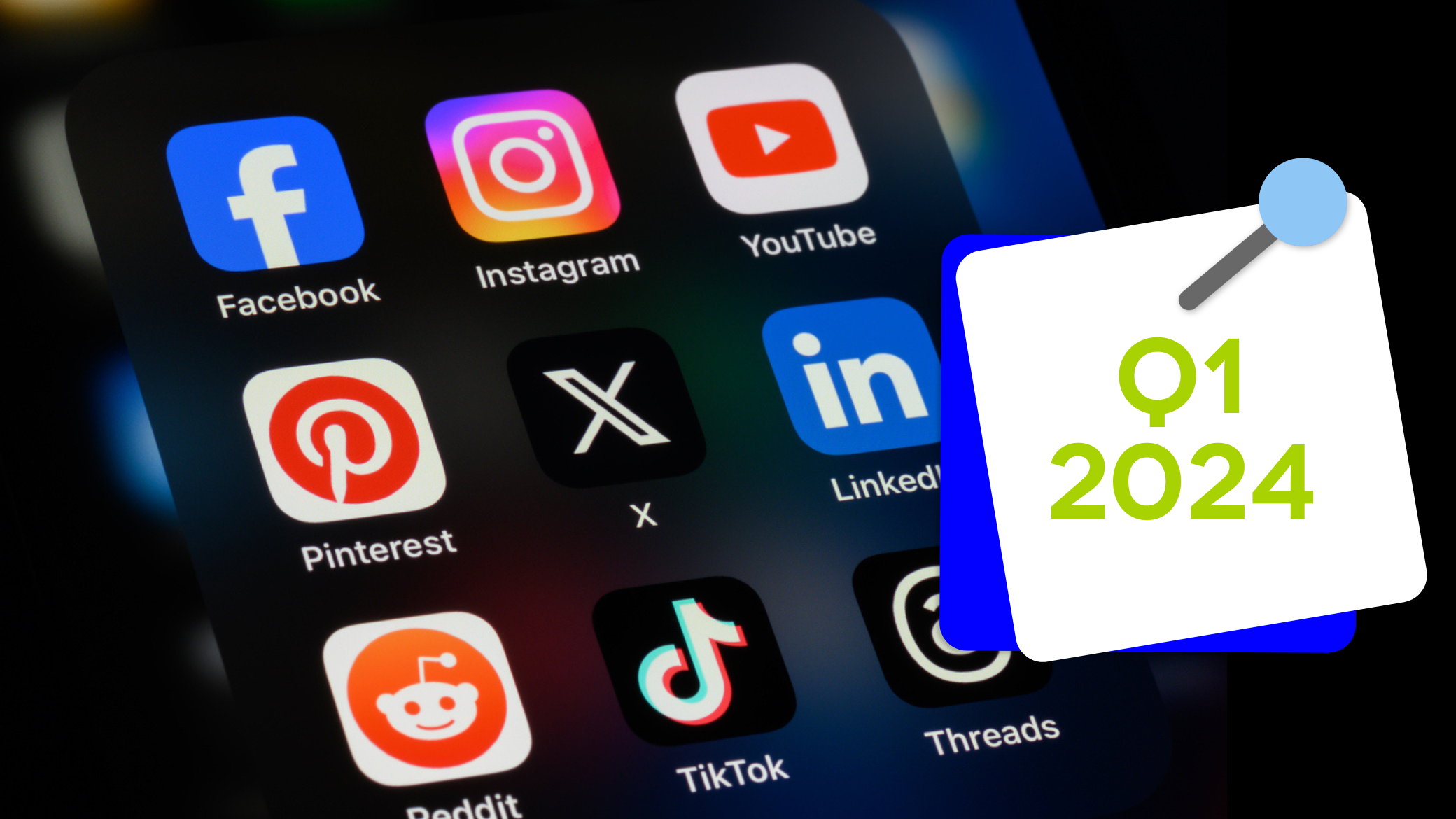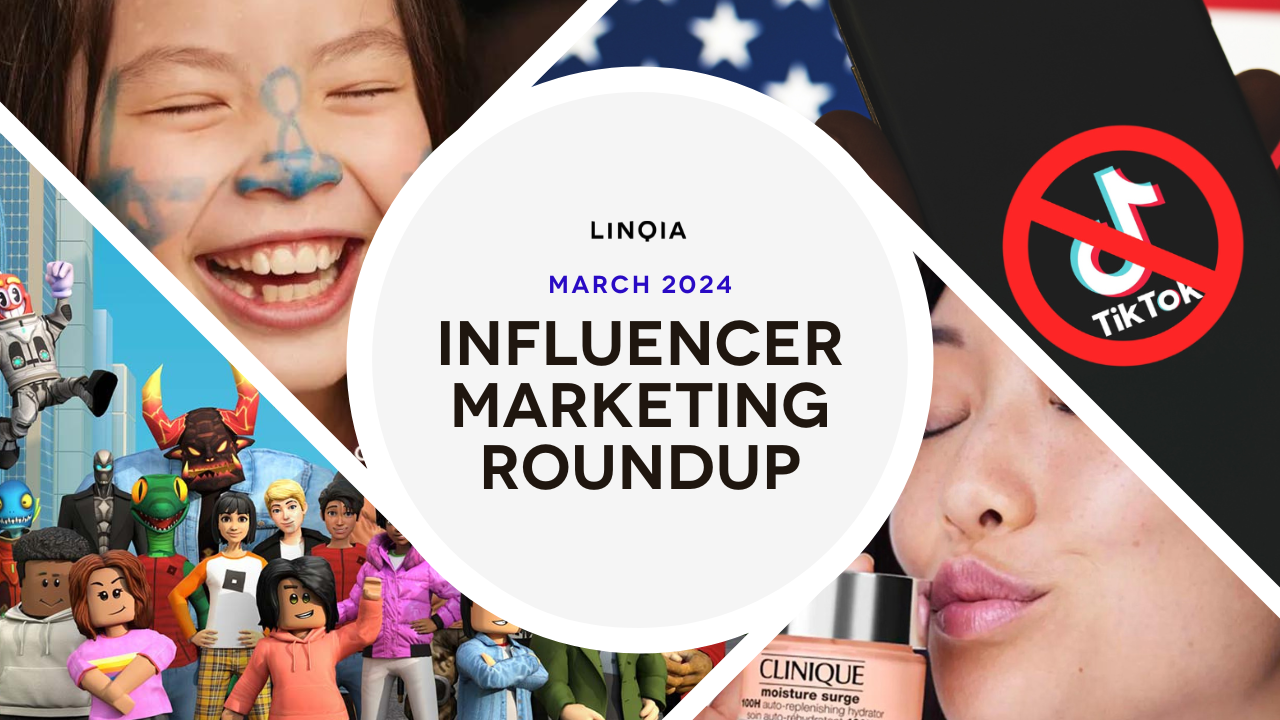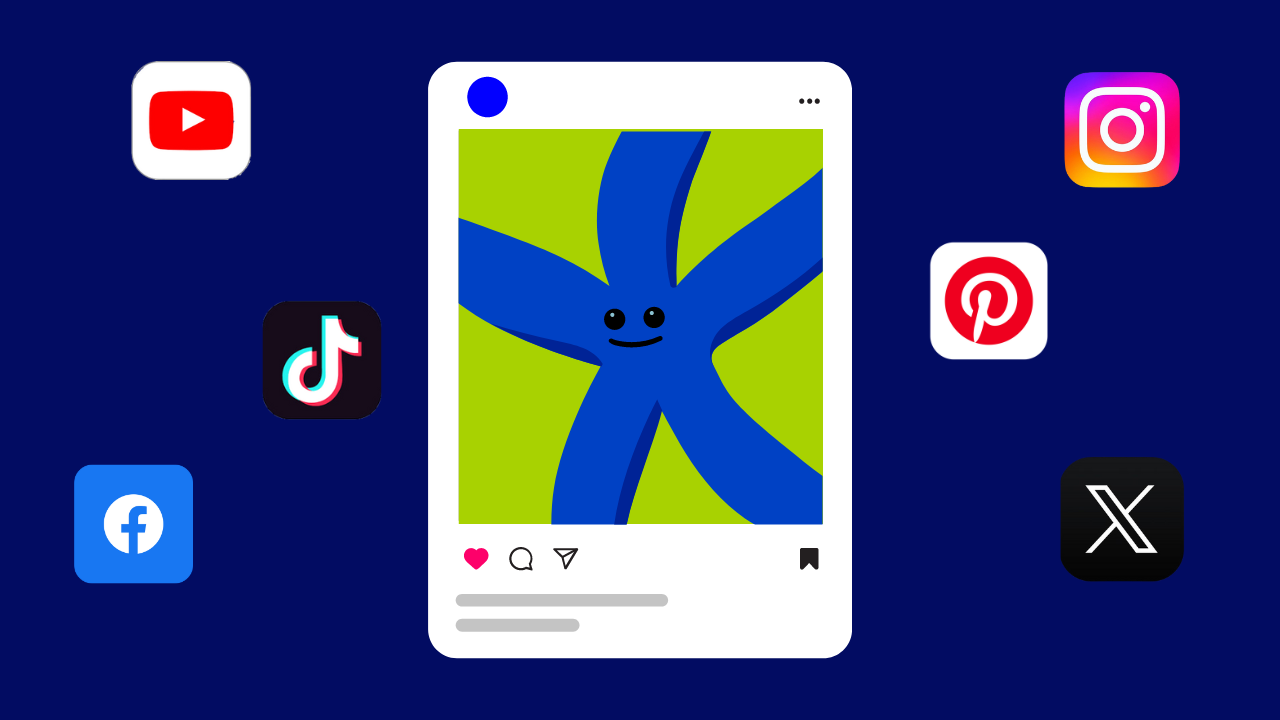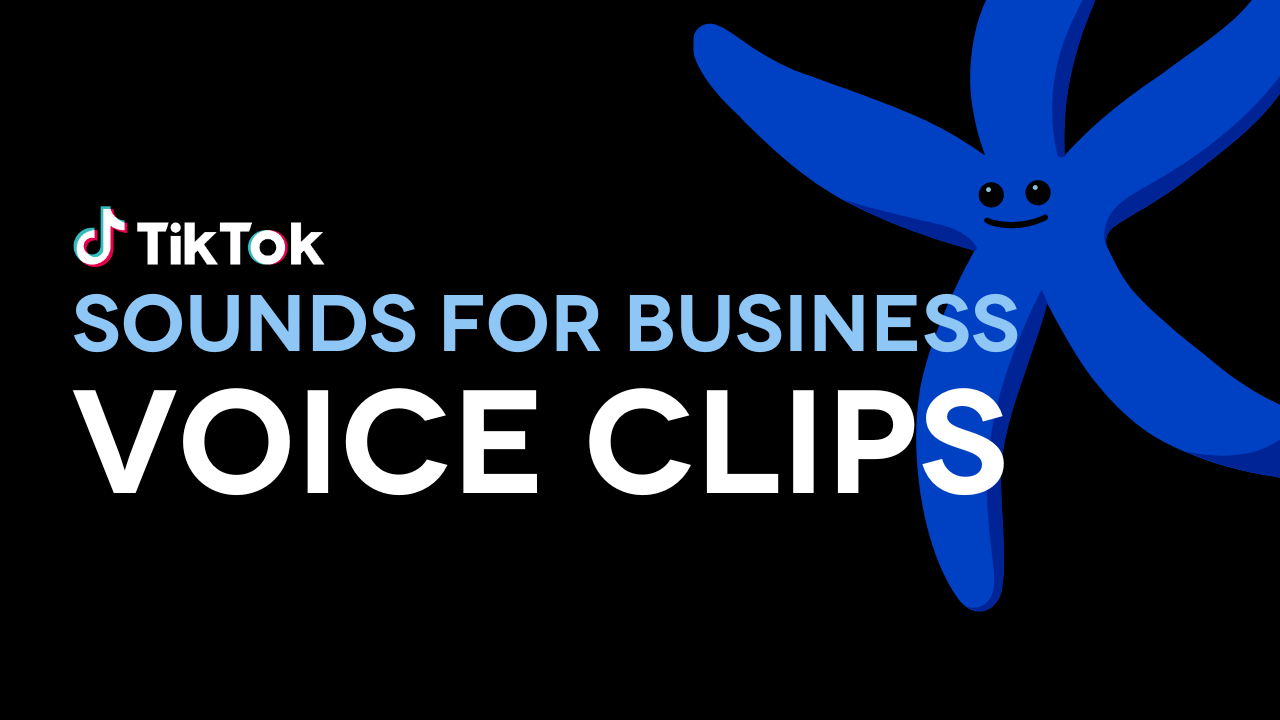By now, it’s clear that influencer marketing is not just another buzzword. Not when three out every four marketers use influencer marketing in some capacity or when nearly 60% plan to increase their influencer marketing budgets in the next twelve months.
As consumers are constantly overwhelmed with branded content and increasingly wary of traditional advertising, brands that successfully run influencer marketing programs are doing what others can’t – they’re gaining the audience’s trust. And they’re doing it by reaching consumers through the voices of people they trust the most – their peers.
Clearly identifying your brand’s particular objectives will help you decide which of the following influencer marketing partners is best fit for launching your program.
Platforms
Today, hundreds of influencer marketing platforms are on the market. The platforms are comprised of self-service tools and turn-key influencer program providers, all of which are touting their abilities to help brands with this emerging space. Clearly identifying your particular objective will help you decide which one is best for your program.
Self-Service Tools. With self-service tools, brands login to a platform and manage all aspects of their influencer marketing program, from influencer identification to program communications to post-program reports and analytics. These tools are ideal for PR agencies, smaller brands making their first foray into influencer marketing, or those with a team dedicated to their influencer marketing efforts. Self-service tools include:
- Influencer Scoring Platforms. These platforms score and rank influencers based on topic(s) covered, follower count, engagement levels, and social profiles. Brands can then identify who they want to work with based on those insights.
- Self-Service Influencer Management Platforms. Self-service platforms automate the time-consuming aspects of influencer outreach and management, including discovery, communications, negotiating payments, and reporting/analytics.
- Proprietary, In-House Tools. When smaller brands don’t have the budget for a self-service platform, they often manage their programs with in-house tools like Google docs and internal databases.
Turn-key Influencer Program Providers. Turn-key providers require little setup, management, or configuration from brands and agencies. All of the matching, communication, program management, and performance analytics are automated through the platform and complemented with managed services. Because of the minimal time investment, brands and agencies have more time to focus on the strategy and messaging behind a successful program. Partnering with turn-key providers also minimizes risk as they have dedicated Customer Success Teams that collaborate on the strategy and execution while simultaneously managing towards the program’s goals and quickly identifying and resolving any issues that may arise.
Agencies
Rather than working directly with influencer marketing platform providers, some brands partner with agencies to help execute their influencer marketing programs. The main agency partnerships include:
PR Agencies. PR agencies act as the liaison between a brand and an outside provider or specialist. Some agencies help brands define the influencer strategy while leveraging a technology platform to execute the program. Others manage the relationship with talent agents or influencer marketing specialists on behalf of the brand.
Advertising/Media Agencies. When influencer marketing programs are used as part of a larger media program, these agencies define influencer marketing’s place in the media mix then research which platforms are best fit to deliver the program objectives.
Talent Agencies. Top-tier or celebrity influencers are often represented by talent agencies. This partnership functions similarly to traditional celebrity endorsements, where a contract is put in place between brand and influencer for a set period of time.
Influencer Specialist Agencies. Boutique and luxury brands that need a highly curated experience often partner with influencer specialist agencies that do the hard lifting for you. Because they do not have proprietary technology, these agencies either license it from another provider or do the work manually in-house.
Social Networks
Historically, social networks have not seen profit from influencer relationships because third-party platforms or agencies typically manage the relationships. However, some social networks are now equipped to run influencer programs directly. For example, Twitter’s acquisition of Niche, a company that manages popular social media personalities, enables the network to pair brand with sought after social creators and build content deals into media buys.
There is no one-partner-fits-all option when it comes to launching an influencer marketing program, as each option has its own unique benefits depending on the program’s goals and the brand’s budget and bandwidth. Take the time to think through the right fit for your business and partner with the platform, agency, or network that will deliver the results you’re looking for. Working with the right partner can be the difference between a program that is an expensive dud or a strategic, profitable investment.




